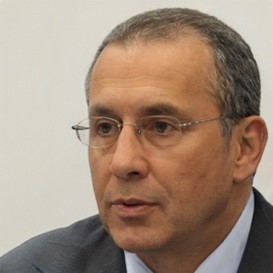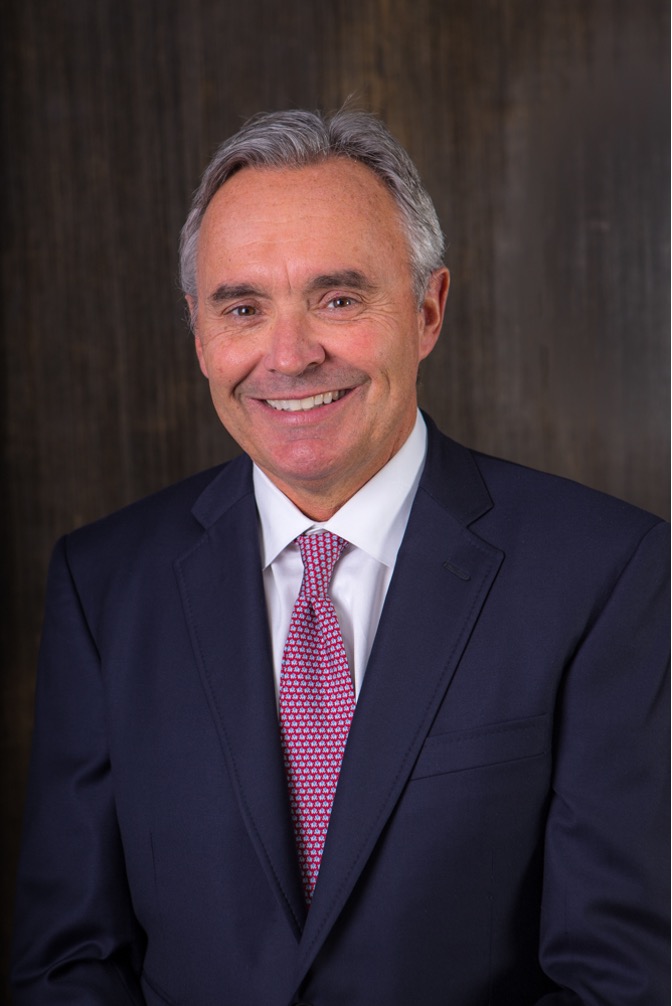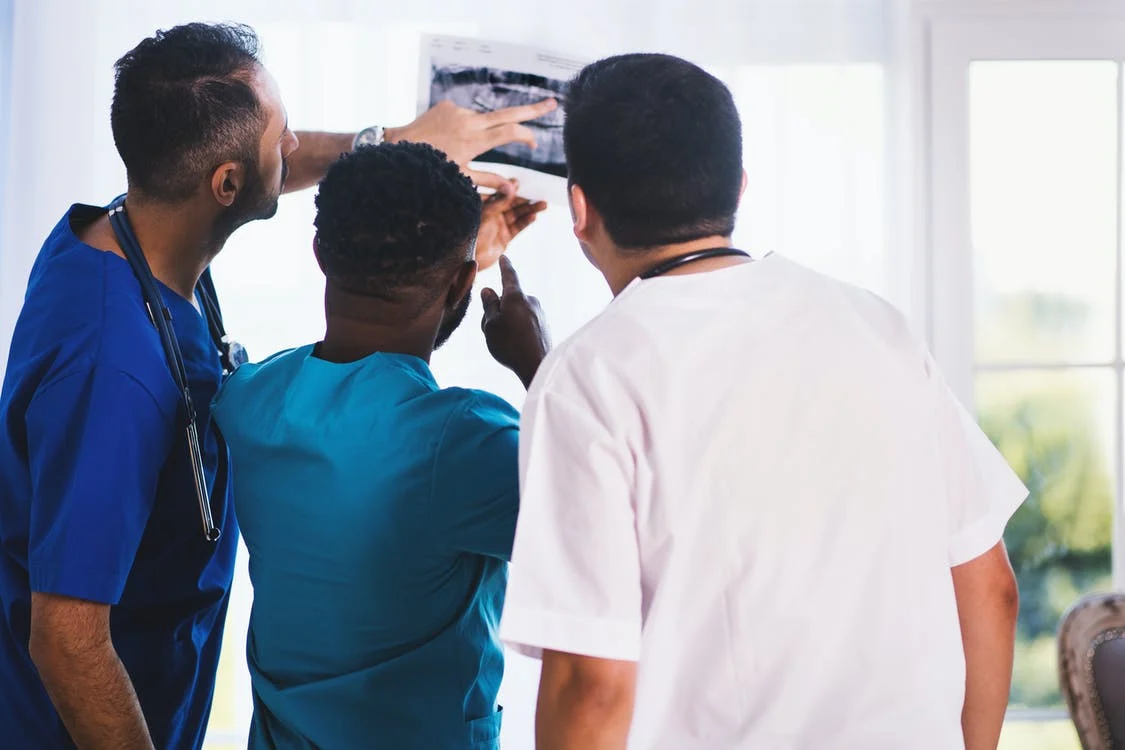Now Reading: How Common Is Misdiagnosis or Missed Diagnosis?
-
01
How Common Is Misdiagnosis or Missed Diagnosis?

How Common Is Misdiagnosis or Missed Diagnosis?
Determining the frequency of medical misdiagnosis or missed diagnoses can be a challenge. Researchers must review data over time and consider what constitutes a diagnostic error or oversight. They must also consider what medical technology is not yet readily accessible to shine a light on complicated differentials.
A 2014 report from the journal BMJ Quality & Safety found that medical diagnostic errors affect approximately 12 million people in the United States each year. In addition, researchers have determined that about half of the diagnostic errors could harm individuals.
Who Does a Misdiagnosis Affect?
Medical misdiagnoses are complex and under-discussed. Yet, the topic affects the entire healthcare field. Physicians, healthcare systems, and patients feel the weight of a misdiagnosis or missed diagnosis. These situations can alter their lives in both short- and long-term ways for patients.
What Causes a Misdiagnosis or Missed Diagnosis?
Addressing the prevalence of misdiagnosis or missed diagnoses is not like finding a cure or treatment for a disease. Physicians and patients must unpack the systemic challenges in the United States’ healthcare system. The obstacles to any diagnosis may include:
- Incomplete communication: Physicians or facilities often transfer patients. Transfers are meant to guarantee the best care but can lead to information getting lost, misplaced, or overlooked.
- Lack of feedback: Patients or their families can seldom offer feedback about a diagnosis. Hospitals, physicians, and health systems might not have any measures in place for feedback. Patients, therefore, often rely on legal services, like those offered by brownbarron.com, to hold institutions accountable when a misdiagnosis or missed diagnosis leads to a medical malpractice case requiring liable parties to pay compensatory damages.
- Limited support: Clinicians may have dozens of explanations for a symptom. These professionals often need specific tools or resources to diagnose or reveal a patient’s condition correctly.
- Time restrictions: Limited appointment times can threaten a patient’s health. Physicians with limited time might miss a crucial element of a patient’s health history. The healthcare providers may also be unable to appropriately discuss the next steps and manage their patients’ expectations.
- Complex diagnostic processes: Patients do not always have access to the information that can tell them the questions they should ask a doctor. They might also not know who or when to inform about evolving symptoms.
- Lack of funding: More research is needed on this obstacle, but funding may affect a doctor’s ability to diagnose a patient properly. A doctor likewise might not be able to order certain tests if the equipment is not readily available.
Medical professionals build healthcare systems with patients in consideration. However, the margin of human and technological error can still affect patients. Finding a trusted medical provider to answer any questions, and knowing all methods of recourse, may minimize the potentially life-changing results.
How To Reduce Diagnostic Errors or Oversights
Medical professionals misdiagnosing or overlooking a patient’s potential diagnosis can vary in severity. As a result, some researchers have concluded that the healthcare profession must focus on improving diagnostic proceedings for more severe conditions. Focusing on that may help to reduce misdiagnosis-related harm rates. Other strategies to lower diagnostic errors are:
- Strategizing priorities: Healthcare leaders can find ways to improve the diagnostic capabilities on all levels. These levels include the practice, system, and policy tiers.
- Furthering research: Identifying the long-standing problems of diagnostic accuracy can help reduce harm-related outcomes from a missed diagnosis.
- Advancing education: All future physicians need to understand the obstacles to an effective diagnosis that they may encounter. These students similarly need to learn about the many possible solutions.
- Promoting engagement: Working to engage clinicians, patients better, and healthcare providers can improve clinical diagnoses.
- Elevating voices: It is crucial to guarantee that patients and their families can speak up about their health concerns. Talking to them about improving diagnostic efforts is instrumental for getting first-hand insight.
Finding ways to troubleshoot against a flawed system has its inevitable limitations. However, discussing a case with a lawyer can help patients better understand their rights. The right legal team will work closely with a client to give them a voice and offer them an opportunity to gain closure and even compensatory damages in a medical malpractice case.

As a journalist, Leland Bengtson dedicated most of his career to law reporting. His greatest satisfaction is to convey legal matters to the public in a language that they can understand. He is active on various platforms and media outlets, writing about common legal issues that people confront with every day. While medical malpractice is his strong suit, Leland covers plenty of other topics, including personal injury cases, family law, and other civil and even criminal legal matters.










